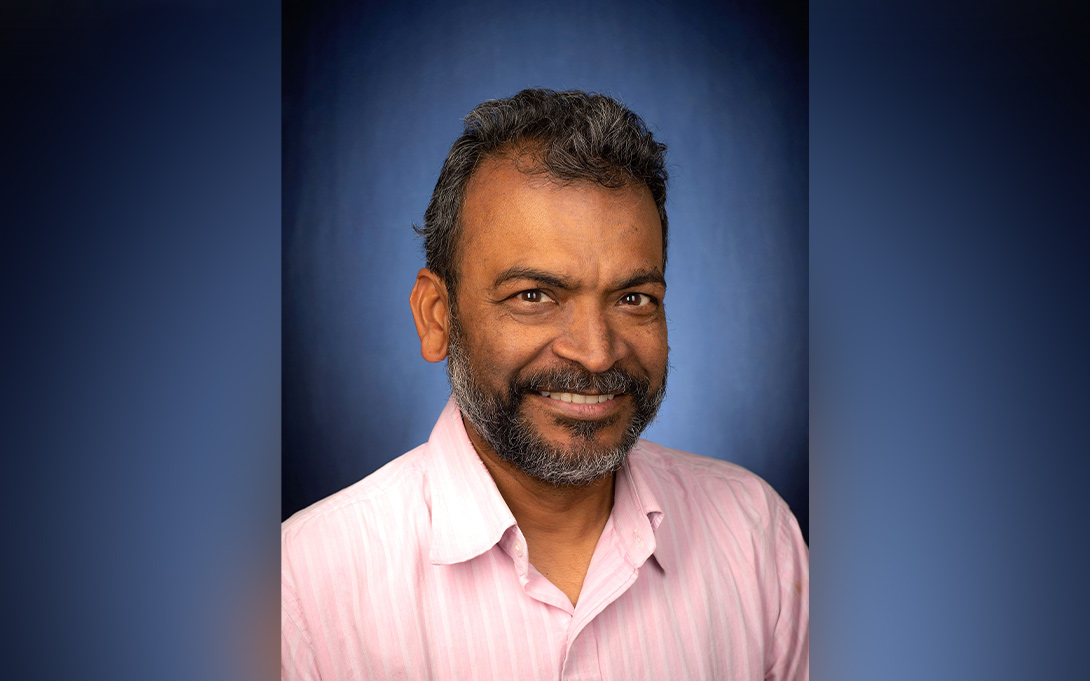
The Intergovernmental Platform on Biodiversity and Ecosystem Services (IPBES) selected Ford School professor by courtesy Arun Agrawal as a co-chair of its multi-year assessment of the underlying causes of biodiversity loss, the determinants of transformative change, and options for achieving the 2050 vision for biodiversity (the ‘Transformative Change Assessment’). He and two fellow co-chairs will spend three years on the project, working with hundreds of leading international experts, from every region of the world, who will contribute as authors to the assessments.
The objective is to "understand and identify factors in human society at both the individual and collective levels, including behavioural, social, cultural, economic, institutional, technical and technological dimensions, that may be leveraged to bring about transformative change for the conservation, restoration and wise use of biodiversity, while taking into account broader social and economic goals in the context of sustainable development."
Agrawal, the Samuel Trask Dana Professor of Governance and Sustainability at the U-M School for Environment and Sustainability, said, “The world changes every day. But sustainability of people and ecosystems requires a transformation in where we are headed. Figuring out what this transformation will look like and how to achieve it is our challenge. We are daunted by this task and eager to pursue it.”
He and his co-chairs added, “The Transformative Change Assessment will offer practical options for concrete action to foster, accelerate and maintain the transformative change necessary for a more sustainable future.”
More information about the Transformative Change Assessment can be seen here.